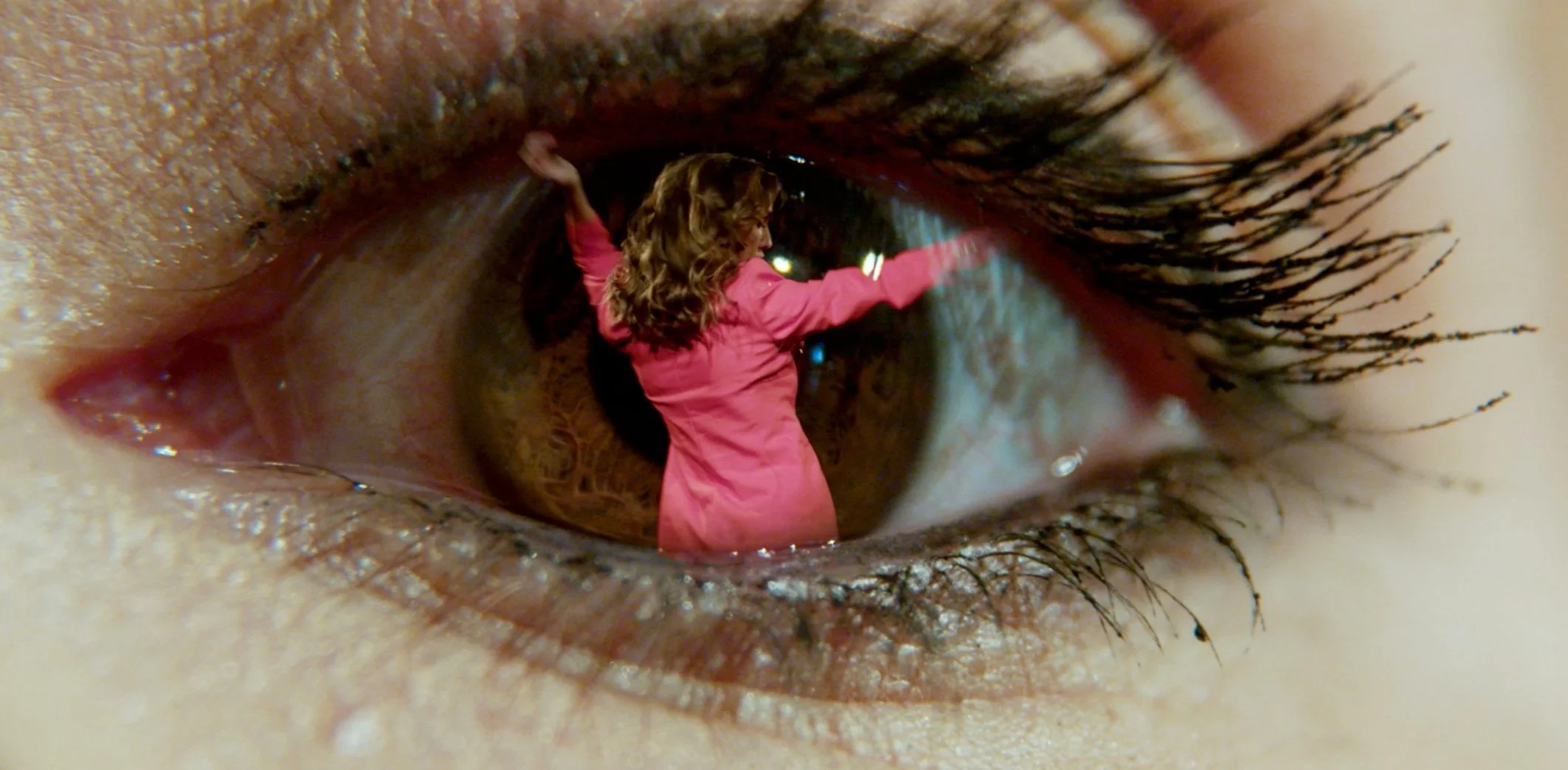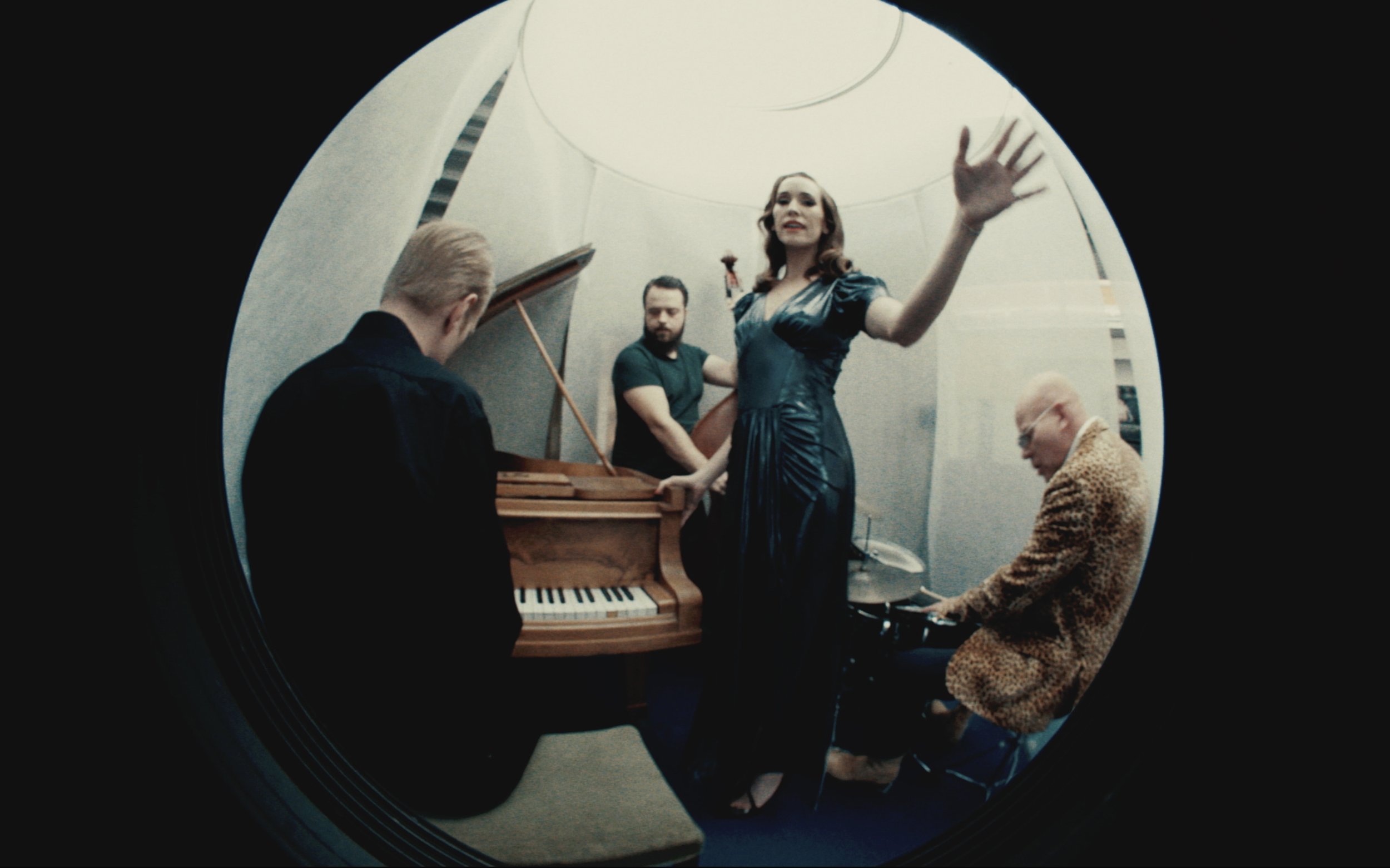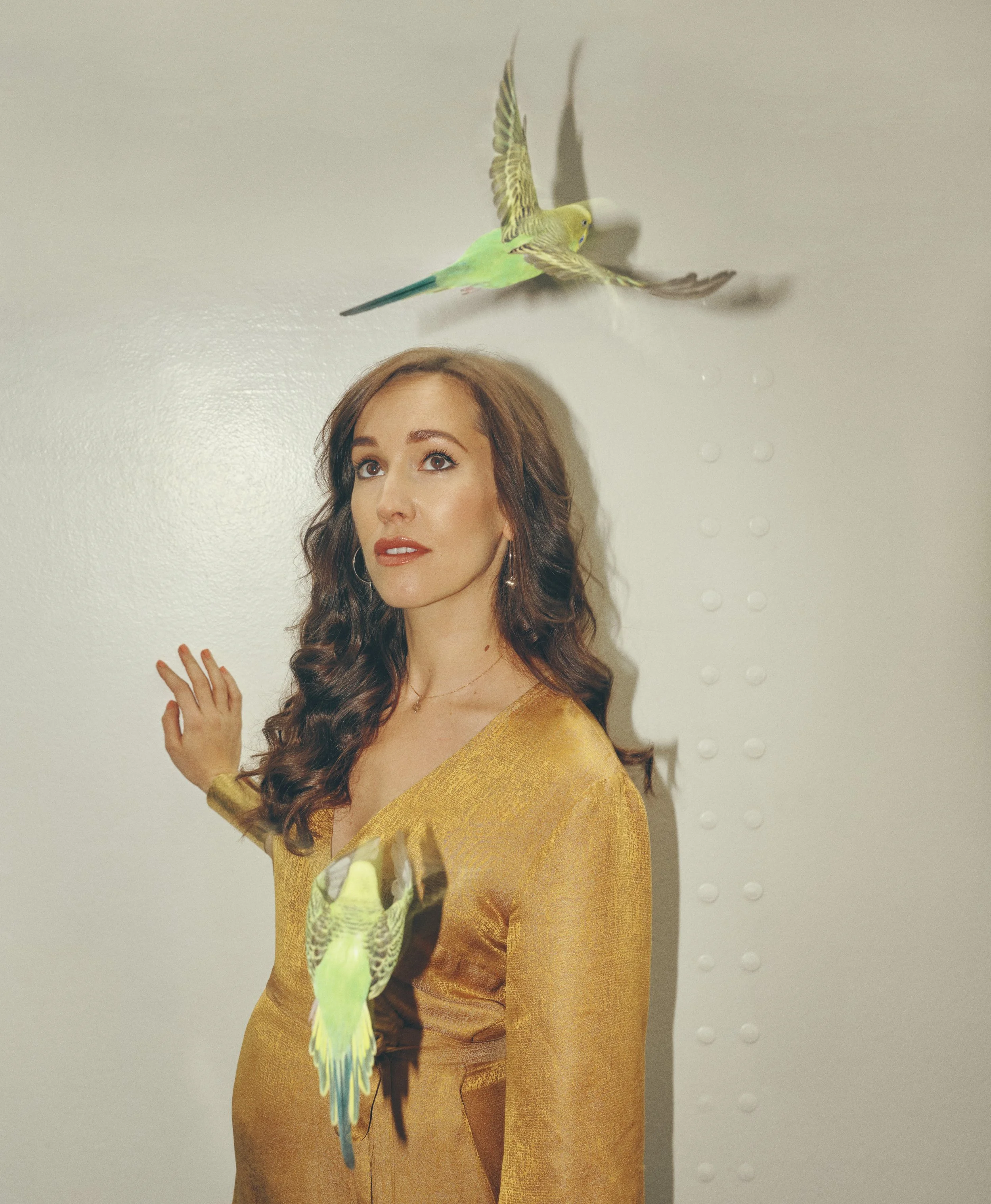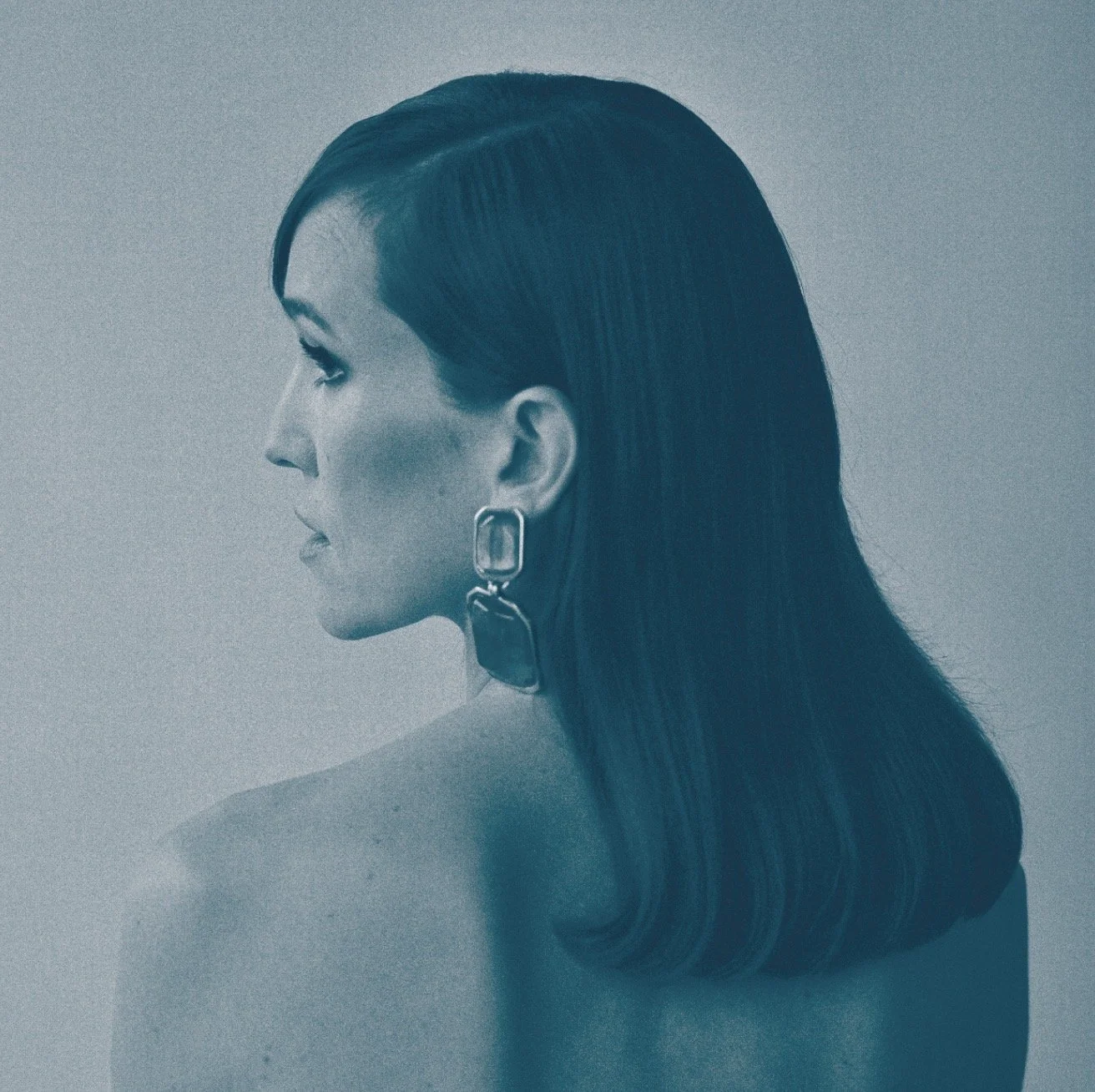Werup has experienced how it is to navigate through life with a precarious compass but has achieved greater tranquility in recent years. In 2021 the award-winning movie ‘Julia & I’ was released. With the intimacy of a personal diary, filmmaker Nina Hobert, films her friend Julia and their friendship. Shot over several years, the documentary is a sincere portrait of two young women struggling with addiction, self-hatred, and identity crises. ‘Julia & I’ was the Winner of Nordic Award at CPH:DOX 2021.
Julia spent most of her childhood in the Swedish countryside, with a few initial years in Paris, France. Her father was Jacques Werup, the famous author, poet, musician, and a central figure in a diverse and lively cultural environment. She grew up with jazz and has been a frequent participant in her father’s tours and performances, although she wasn’t particularly fascinated by the artistic life surrounding her family. She resisted, and her youthful rebellion was extended with an inclination to provoke. At the age of 16, she left home, firmly convinced that she was going down a completely different path than her parents. In her early 20s, she applied to study social work to follow her mother's advice on a sensible full-time job, but over the years Julia eventually chose art as a way of living.





